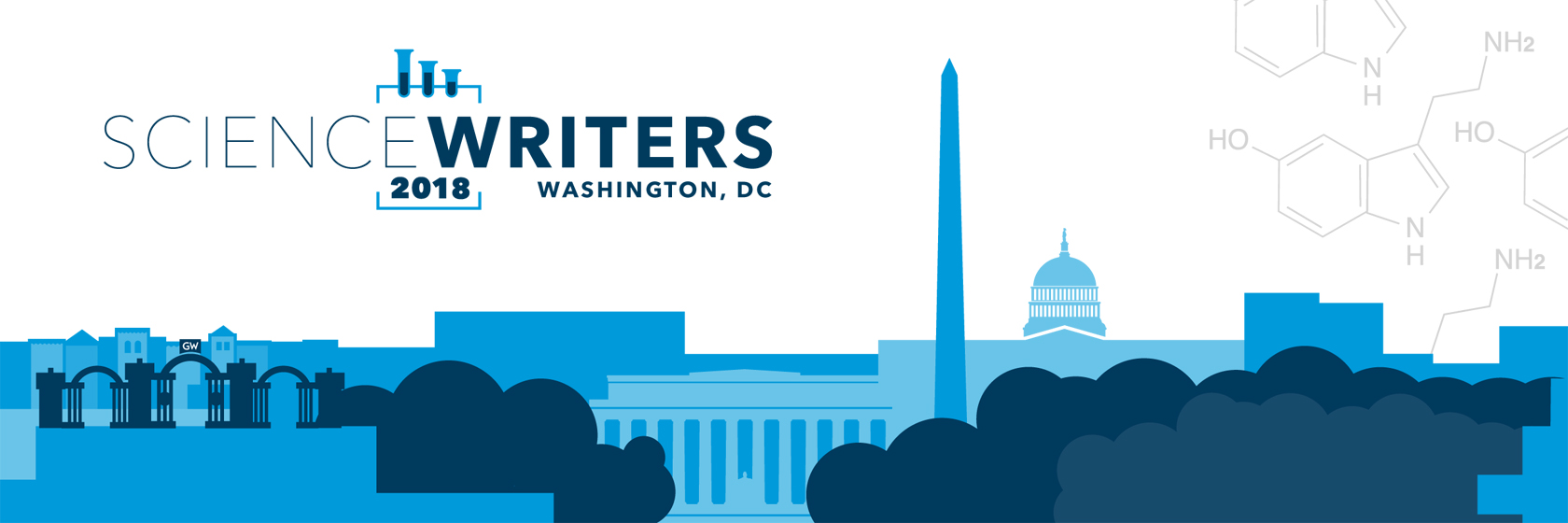LSBarbara Glickstein, Diversifying Sources

Director of communication, media projects at the Center for Health Policy and Media Engagement, GW School of Nursing
What does diversity mean for journalism and science writing? While 68% of students in schools of journalism are women, women comprise only 38% of newsroom staff; and women of color, only 7.9%. Women also are underrepresented as sources in news stories. In 1995, the Global Media Monitoring Project reported that women were represented in 17% of news stories. In 2015, this percentage had increased to only 24%. A recent study of the representation of nurses as sources in health news stories found that only 2% of all quotations were by nurses and nursing was only mentioned in 13% of the stories — despite nurses being the largest group of health professionals in the United States with an increasing number holding leadership positions, PhDs, and clinical doctorates.
During Lunch with a Scientist, Barbara Glickstein and Diana J. Mason will discuss the findings of a qualitative study of health journalists’ experiences with using nurses as sources and their perceptions of barriers and facilitators to diversifying their sources. The overarching theme of this study was that biases about women, nurses, and positions of power and authority within the health care system exist in newsrooms and among journalists.
Registration is required (no charge). Limit: 28. This event is now full.
Barbara Glickstein is a public health nurse, health policy expert, and broadcast journalist. Prior to her role at GW, she was co-founder and co-director of the Center for Health Media and Policy at Hunter College, City University of New York. She is the Nursing Consultant and Advisor to Carolyn Jones Productions for the feature-length documentaries The American Nurse and Defining Hope and the multimedia project Dying in America. Glickstein produced and hosted HealthCetera, a weekly program on public radio in New York City that is now a podcast series. She is committed to putting a human face on important social issues. She has also been called upon as an expert on public health issues in a wide variety of media coverage, from Entertainment Weekly to national public television.
Twitter: @bglickstein
Web:
https://nursing.gwu.edu/barbara-glickstein
http://healthmediapolicy.com/
Speaking:
-
Sunday, October 14th, 12:30 pm to 2:30 pm




